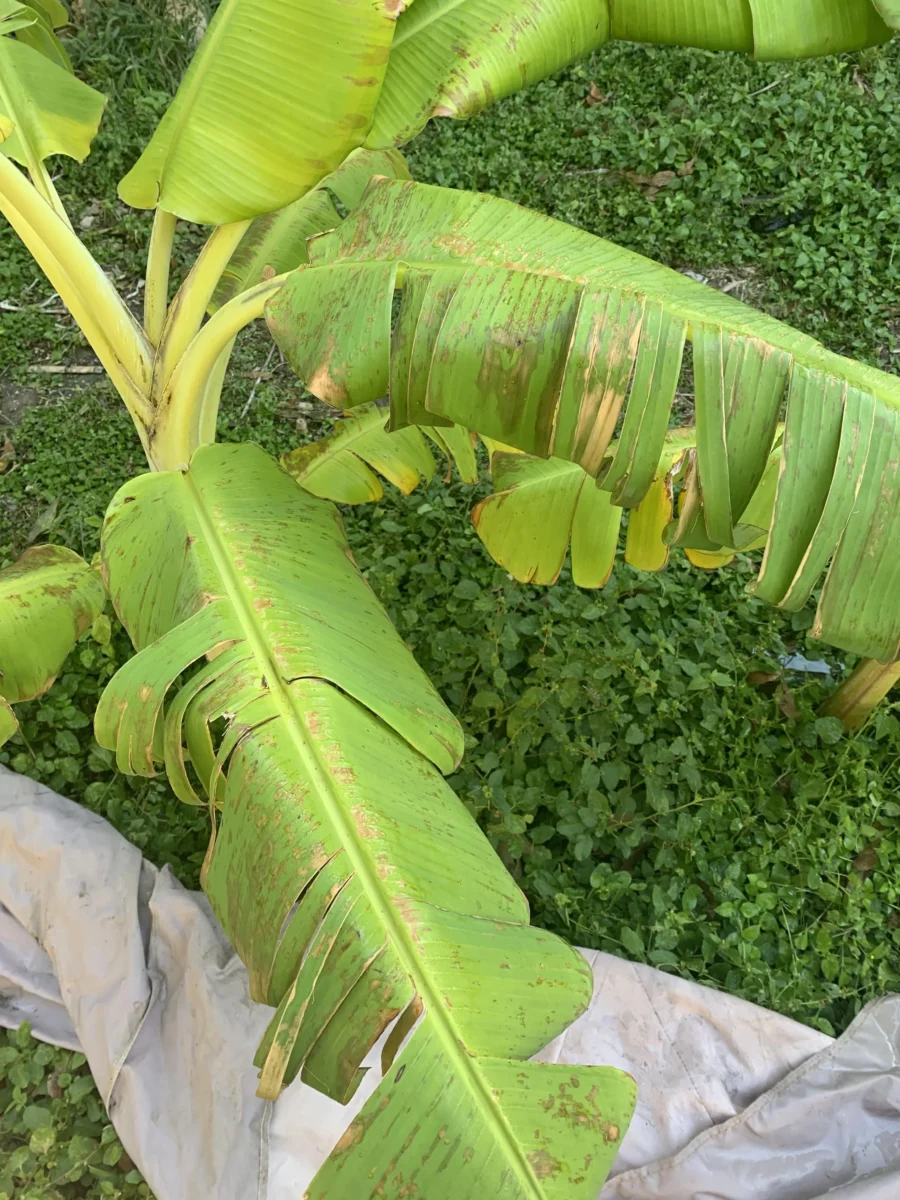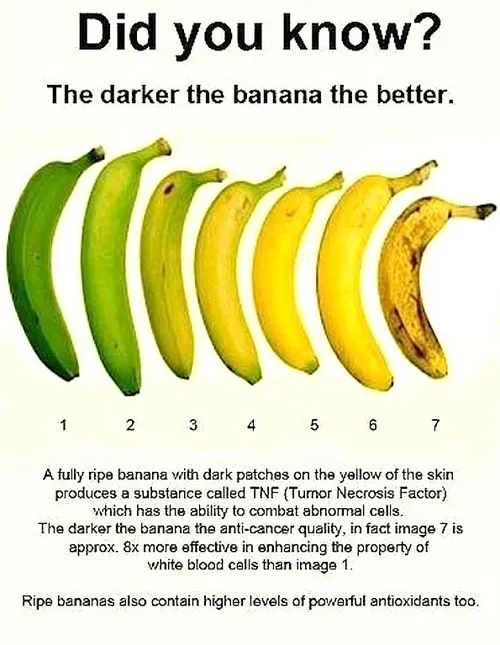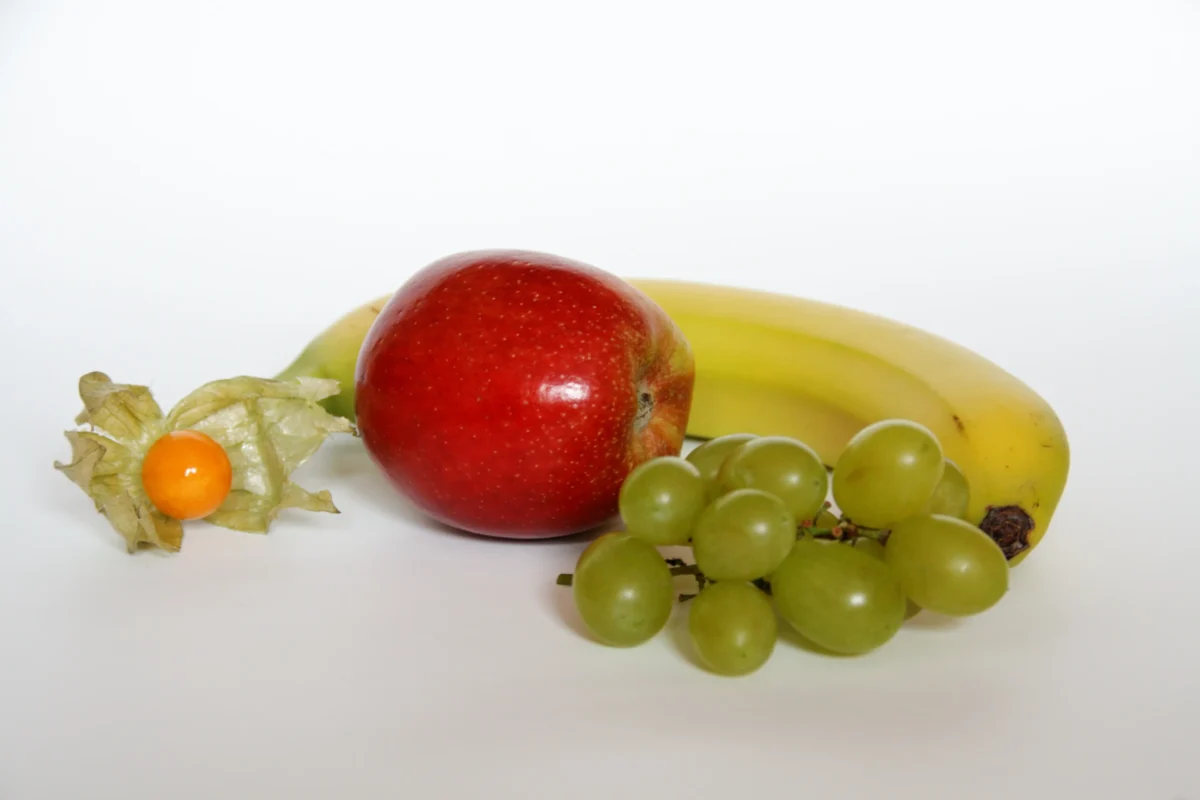Have you ever wondered what percentage of a banana is water? Or how does the water content of a banana contribute to its nutritional value? If you`re a banana enthusiast and want to learn some fun facts about this beloved fruit, you`re in the right place!

In this article, we`ll dive into the composition of bananas and explore the percentage of water in a banana. We’ll also examine how the water content of a banana contributes to its nutritional value, and we’ll provide some additional fun facts about bananas and water that you might not have known. So continue reading to satisfy your curiosity and learn more about bananas and water!
What is the composition of a banana?
The humble banana may seem like a simple fruit, but its composition is actually quite complex. At its core, a banana is made up of water, carbohydrates, and fiber. However, it also contains a variety of vitamins and minerals that are essential to human health.

One of the most notable components of a banana is potassium. This mineral plays a vital role in regulating blood pressure and supporting heart health. Bananas also contain vitamin C, which supports immune function and aids in the absorption of iron.
In addition to these important nutrients, bananas are also rich in antioxidants such as dopamine and catechins. These compounds help protect against oxidative stress and may have anti-inflammatory properties as well.
Despite their many benefits, bananas are often overlooked in favor of more exotic fruits or trendy superfoods. However, this humble fruit deserves more attention for its impressive nutritional profile and versatility in cooking.
Whether enjoyed on their own or used as an ingredient in smoothies or baked goods, bananas offer both flavor and nutrition to any meal or snack. By understanding their composition and value as part of a healthy diet, we can appreciate this common fruit even more.
What is the percentage of water in a banana?
Have you ever wondered how much water is in a banana? You might be surprised to learn that bananas are made up of about 75% water!
This high percentage of water content makes bananas an excellent source of hydration, especially for those on the go. In fact, many athletes and fitness enthusiasts turn to this fruit as a quick and easy way to replenish fluids during intense workouts.
But it’s not just about hydration – the amount of water in a banana also plays a key role in its texture and flavor. Bananas with higher levels of moisture tend to be softer and sweeter, while those with less water content can be firmer and slightly less sweet.
So why does this matter? Understanding the percentage of water in a banana can help you choose the right fruit for your needs. Whether you’re looking for a snack that will keep you hydrated or one that has a firmer texture for baking or cooking, knowing more about bananas can help you make informed decisions about what you eat.
Overall, it’s clear that the percentage of water in a banana is an important factor to consider when choosing this popular fruit. By understanding more about their composition and nutritional value, we can all make smarter choices when it comes to our diets – whether we’re athletes or simply looking for healthy snacks on-the-go.
How does the water content of a banana contribute to its nutritional values?
The water content of a banana plays a vital role in its overall nutritional value. Bananas are composed of approximately 75% water, which contributes to their hydration properties and aids in digestion.

Not only does the high water content in bananas help keep you hydrated, but it also helps regulate body temperature and maintain healthy blood pressure levels. Additionally, bananas are rich in potassium, an essential mineral that helps balance fluids within the body.
The presence of water in bananas also helps transport nutrients throughout the body. As we consume food, nutrients are absorbed into our bloodstream and transported to various organs and tissues. Water acts as a carrier for these nutrients, facilitating their delivery to where they are needed most.
Furthermore, the water content in bananas can contribute to weight loss efforts. The high fiber content of bananas promotes satiety and reduces hunger cravings, while the hydration properties help flush out toxins from the body.
In summary, the water content of a banana is crucial to its nutritional value. With its hydrating properties and ability to aid digestion and nutrient transportation, incorporating more bananas into your diet can have significant health benefits.
Additional fun facts about bananas and water.
Bananas and water are two seemingly unrelated topics, but did you know that they actually have some interesting connections? For example, bananas are made up of 75% water, making them a great source of hydration for athletes and active individuals.
But that’s not all – bananas also contain high levels of potassium, which helps regulate the balance of fluids in the body. This means that eating a banana can help prevent dehydration and cramping during exercise.

« The Ultimate Guide to Safely Cutting Bananas for Your Baby’s First Food
How to Make Delicious Banana Bread with Honey: Step-by-Step Recipe and Expert Tips »
On the other hand, water plays an important role in ripening bananas. The process of ripening is triggered when enzymes break down starches into sugars. Water is necessary for these enzymes to function properly, so keeping your bananas hydrated can help speed up their ripening process.
Another fun fact about bananas and water is that they both have a positive impact on mood. Drinking enough water throughout the day can improve cognitive function and mood stability, while bananas contain tryptophan – an amino acid that converts into serotonin in the brain. Serotonin is known as the “feel-good” hormone because it regulates mood and promotes feelings of happiness.
So next time you reach for a banana or fill up your water bottle, remember these interesting connections between these two everyday items!
Check out our other articles to find out even more about banana.
We have learned a lot about the composition of bananas and water, as well as how it contributes to their nutritional value. Bananas are not only an excellent source of essential nutrients, but they also provide us with great hydration benefits! If you would like to learn even more about these delicious fruits and all of the amazing things that they offer our bodies, be sure to check out our other articles!










